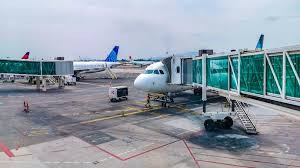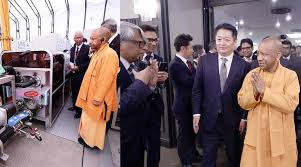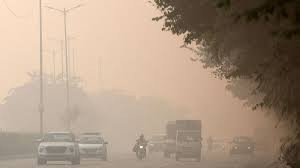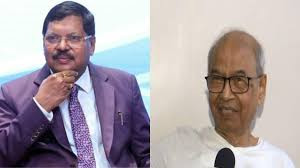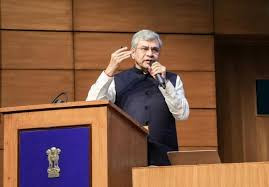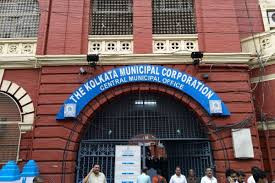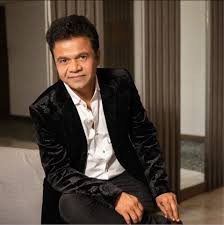Judicial Reassessment Puts the Spotlight Back on Stray Dogs
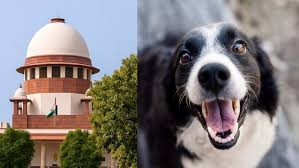
IIE DIGITAL DESK : August 14, 2025, the Supreme Court revisited its August 11 directive ordering the removal of all stray dogs from the Delhi-NCR region. The matter was entrusted to a three-judge bench consisting of Justices Vikram Nath, Sandeep Mehta, and N.V. Anjaria—effectively resetting the legal conversation around the controversial mandate.
Chief among the bench’s concerns was the lack of proactive behavior by municipal bodies. The Court emphasized that the current crisis was largely “because of inaction of local authorities,” and directed that all parties who filed interventions must substantiate their positions with evidence.
Solicitor General Tushar Mehta presented a sobering backdrop: over 37 lakh dog bite cases reported annually across India, with children unable to play outdoors safely. Arguing that sterilization alone was insufficient, he emphasized the limitations of existing rules and the need for immediate resolution.
Senior Advocate Kapil Sibal warned of the dangers inherent in the sweeping removal order—highlighting the lack of shelters, overcrowding, potential dog-on-dog violence, and cruelty. Abhishek Manu Singhvi further argued that the August 11 directive conflicted with earlier Supreme Court mandates requiring humane measures under the Animal Birth Control (ABC) Rules.
The case has come to represent a broader societal tension—described in court as a clash between a “vocal minority” (those pushing for stern removal) and a “silent majority” still bearing the consequences on the streets. Public figures added emotional weight to the debate: Maneka Gandhi warned mass removal would merely invite more strays due to abundant food sources in Delhi, while celebrities like Sharmila Tagore and Randeep Hooda called the directive “a door closing on the voiceless”—advocating adoption and sterilization instead of relocation.
Despite the intensity of the hearing, the Court made clear that the case is not being closed. Rather, it is deliberating on whether to stay the August 11 order as part of a measured reassessment. The decision has been reserved, allowing the bench time to carefully weigh the stakes of public safety, legal adherence, and ethical treatment.
This hearing reflects a broader re-evaluation: the Court is tasked with balancing urgency and compassion. Authorities have been called out for poor implementation. Legal advocates have pushed back on sweeping measures without infrastructure. Public opinion has increasingly demanded humane, nuanced strategies. The Court’s upcoming order will be pivotal in defining how India reconciles these competing imperatives.
You might also like!





